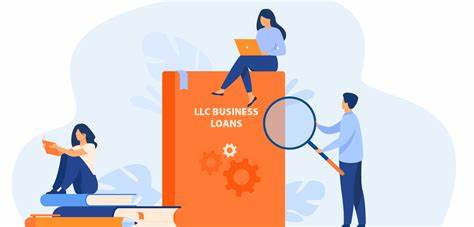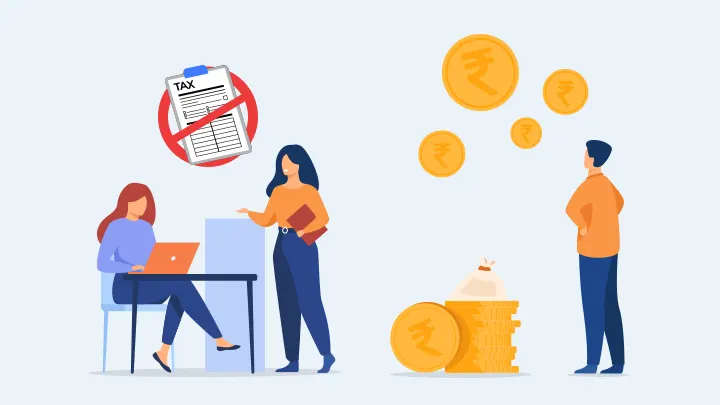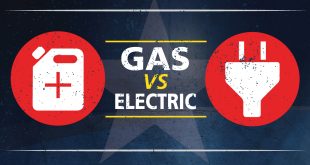At some point in life, we all need financial assistance to accomplish a certain goal or get through tough times. That’s when loans come in handy. Loans can help you buy a house, pay for education, purchase a car, or cover an emergency expense.
However, there are different types of loans, and it can be overwhelming to choose the best one for your needs. That’s why we’ve put together this ultimate guide to understanding loans. We’ll discuss the different types of loans available, their pros and cons, and how to apply for them.
Types of Loans
Personal Loans
Personal loans are unsecured loans that can be used for various purposes. They usually have fixed interest rates and repayment terms, which means you’ll know exactly how much you need to repay and when. The loan amount, interest rate, and repayment term depend on your credit score and financial history.
Pros:
- You can use the loan for any purpose
- No collateral required
- Fixed interest rate and repayment term
- Can improve your credit score if you make timely payments
Cons:
- Higher interest rates than secured loans
- Approval depends on your credit score and financial history
- Lower loan amounts than secured loans
Secured Loans
Secured loans are loans that require collateral, such as a car or a house. The collateral acts as security for the lender, which means you can get lower interest rates and higher loan amounts. However, if you fail to repay the loan, the lender can seize your collateral.
Pros:
- Lower interest rates than unsecured loans
- Higher loan amounts
- Easier to get approved, even with bad credit
- Longer repayment terms
Cons:
- Risk of losing your collateral
- Longer processing time
- Limited use of the loan, as it’s tied to the collateral
Payday Loans
Payday loans are short-term loans that are meant to be repaid on your next payday. They’re usually small amounts and have extremely high-interest rates. They’re considered to be predatory loans, as they target people who are in desperate need of money and charge them exorbitant interest rates.
Pros:
- Quick approval process
- No credit check required
- Can be useful in emergency situations
Cons:
- Extremely high-interest rates
- Can lead to a cycle of debt
- Limited loan amounts
- Can damage your credit score
Student Loans
Student loans are loans that are meant to cover education expenses, such as tuition, books, and living expenses. They can be federal or private, and the interest rates and repayment terms vary depending on the type of loan.
Pros:
- Can help you pursue higher education
- Lower interest rates than other types of loans
- Repayment terms can be flexible
Cons:
- Can lead to high debt if you’re not careful
- Can’t be discharged in bankruptcy
- Interest accrues even while you’re in school
Mortgage Loans
Mortgage loans are loans that are used to buy a house. They’re secured loans, which means the house acts as collateral. The interest rates and repayment terms depend on the type of loan and your credit score.
Pros:
- Helps you buy a house
- Lower interest rates than unsecured loans
- Tax benefits
Cons:
- Risk of losing your house if you fail to repay the loan
- Longer repayment terms
- Higher closing costs and fees
FAQS
Sure, I can help you with some FAQs related to loans. Here are some common questions and answers:
Q: What is a loan?
A: A loan is a financial transaction where one party lends money to another party, with the agreement that the borrower will repay the money with interest over a period of time.
Q: What types of loans are there?
A: There are many types of loans available, including personal loans, home loans, car loans, business loans, student loans, and more.
Q: What is a personal loan?
A: A personal loan is an unsecured loan that is typically used for personal expenses such as home renovations, weddings, or medical bills. Personal loans usually have fixed interest rates and a fixed repayment schedule.
Q: What is a secured loan?
A: A secured loan is a loan that is backed by collateral, such as a car or a house. The lender has the right to seize the collateral if the borrower fails to repay the loan.
Q: What is an unsecured loan?
A: An unsecured loan is a loan that is not backed by collateral. These loans are typically granted based on the borrower’s creditworthiness and income.
Q: How do I qualify for a loan?
A: To qualify for a loan, you typically need to have a good credit score, steady income, and a low debt-to-income ratio. The exact requirements will depend on the type of loan you are applying for and the lender you are working with.
Q: How do I apply for a loan?
A: You can apply for a loan online, over the phone, or in person at a bank or other lending institution. You will need to provide personal and financial information as part of the application process.
Q: How much can I borrow?
A: The amount you can borrow will depend on the type of loan you are applying for and your financial situation. Lenders will consider factors such as your credit score, income, and debt-to-income ratio when determining how much you can borrow.
Q: How long does it take to get a loan?
A: The time it takes to get a loan will depend on the lender and the type of loan you are applying for. Some loans, such as personal loans, can be approved and funded within a few days, while others, such as home loans, can take several weeks or longer.
Q: What is the interest rate on a loan?
A: The interest rate on a loan will depend on the type of loan you are applying for, the lender you are working with, and your creditworthiness. Interest rates can vary widely, from a few percent to more than 20%.
Q: What is APR?
A: APR stands for annual percentage rate, which is the total cost of borrowing money over a year, expressed as a percentage of the loan amount. APR includes both the interest rate and any fees or other charges associated with the loan.
I hope these FAQs help you understand loans a bit better. If you have any other questions, feel free to ask!
Conclusion
When considering a loan, it’s important to shop around and compare offers from multiple lenders to ensure you’re getting the best possible terms. You should also be prepared to provide detailed information about your financial situation, including your credit score, income, and debt-to-income ratio.
While loans can provide much-needed financial support, they should be used responsibly and only when necessary. Be sure to read the terms and conditions of any loan carefully before signing on the dotted line, and make a plan for repaying the debt on time and in full to avoid costly fees and damage to your credit score.
Overall, loans can be a powerful tool for achieving your financial goals, but it’s important to approach them with caution and a clear understanding of the risks and benefits involved. With careful planning and responsible borrowing, you can use loans to build a brighter financial future for yourself and your family.
 Katha Ankahee Watch All Episodes Free Video
Katha Ankahee Watch All Episodes Free Video




